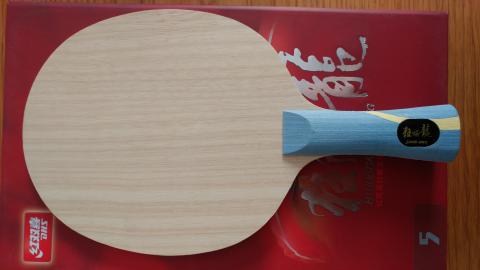This user has no status.
Well-Known Member
The LARC are tested as a rubber and a sponge, but in reality the manufacturers are able to send in topsheets with a particular sponge for approval and sell other things combinations using the same topsheet. They are not forced to submit every single combination of rubber and sponge for testing and approval. If you believe my interpretation is wrong (based on my experience using rubbers) or that things have changed, please explain or point to the basis of your disagreement. I did not see a LARC entry for every different sponge hardness or type under Hurricane 3, but to be fair, I haven't checked recently.The LARC is a list of approved racket coverings. When it comes to pips-in rubbers, a racket covering is always both a rubber and a sponge (since it is not legal to use pips-in rubber without a sponge), So, in the case of pips-in rubbers, the LARC is encompassing both the rubber and the sponge because it is always a rubber and an attached sponge that is sent for approval. Rule 2.4.7 prohibits post-manufacture chemical, physical or other treatments to racket coverings (not just the upper rubber!), therefore you as a player cannot boost the sponge.










